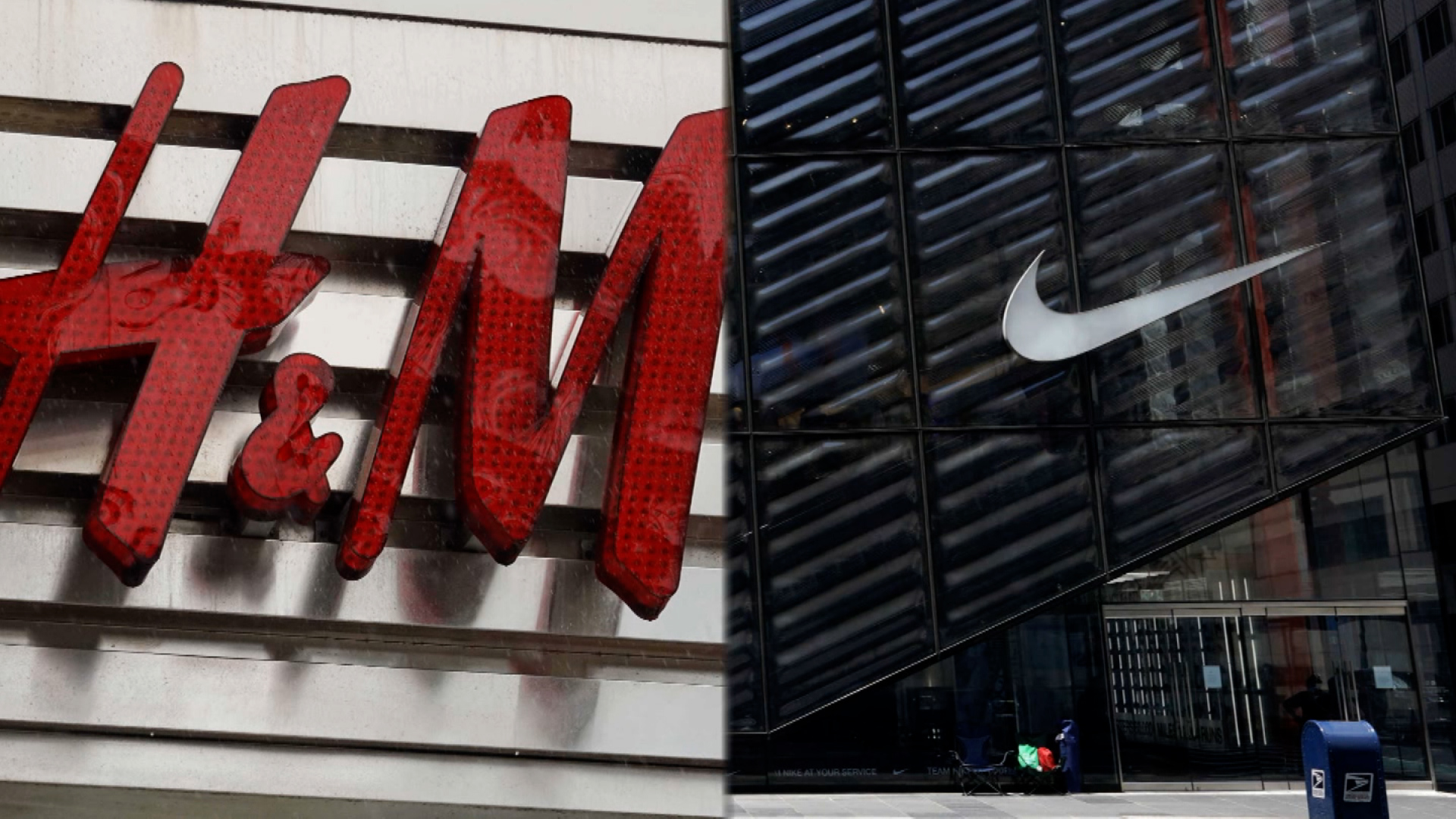H&M and Nike facing a boycott in China over Xinjiang cotton statemtents
Christina Murphy
International Business News Writer

Western companies, such as H&M and Nike Inc. are facing boycotts from China after raising concerns about human rights policies. The most recent conflict arose when a social media account with ties to the Communist Party posted H&M’s report of unethical labor in the western Xinjiang region. According to CNN Business, “Human rights groups have repeatedly accused Beijing of detaining Uyghurs and other Muslim minority groups in ‘re-education camps where they are forced to make products that find their way into a global tech and retail supply chains”. Due to these concerns, many companies have decided not to use cotton from Xinjiang.
The Chinese government has responded to these claims by arguing that the camps provide jobs to impoverished people and prevent “religious extremism”. H&M’s statement has since been removed from the internet, along with other companies’ statements against unethical labor in Xinjiang. The Chinese government has responded by mounting a counterargument against the West. Naming past issues such as colonialism, Nazism, and current human rights crises, such as the George Floyd case to support their own point.
Chinese officials are supporting boycotts, with many citizens following suit. Business Insider writes that users on the social media site Weibo have vowed to boycott H&M and other companies who refuse to use cotton from Xinjiang. Furthermore, lack of support from China has led to a drop in the company’s overall stock value on the market. CNN Business reports that China accounts for 5% of H&M’s stocks. During COVID-19, 5% had the potential of being extremely harmful to the company. Along with boycotting, China has taken the opportunity to endorse its own corporations. Bloomberg News states that Nestle and Danone have been surpassed in popularity by the Chinese brand China Feihe Ltd., which was marketed as, “more suitable for Chinese babies”. Chinese celebrities are also encouraging the boycotts, breaking contracts with some companies who have not issued a public statement about the issue.
Tensions about human rights have affected foreign diplomacy, as demonstrated during recent talks between American and Chinese diplomats in Alaska. Chinese emissaries made it clear that they did not want Western countries to get involved with their corporate practices, which they see as “internal affairs”. They also argued that American democratic values are not applicable to all countries. According to Bloomberg News, Politburo member Yang Jiechi stated, “The United States has its style – United States-style democracy – and China has the Chinese-style democracy”. The Chinese government’s main tactic in the face of human rights concerns is to push back against these claims and promote their own companies instead.
Contact Christina at christina.murphy@student.shu.edu

